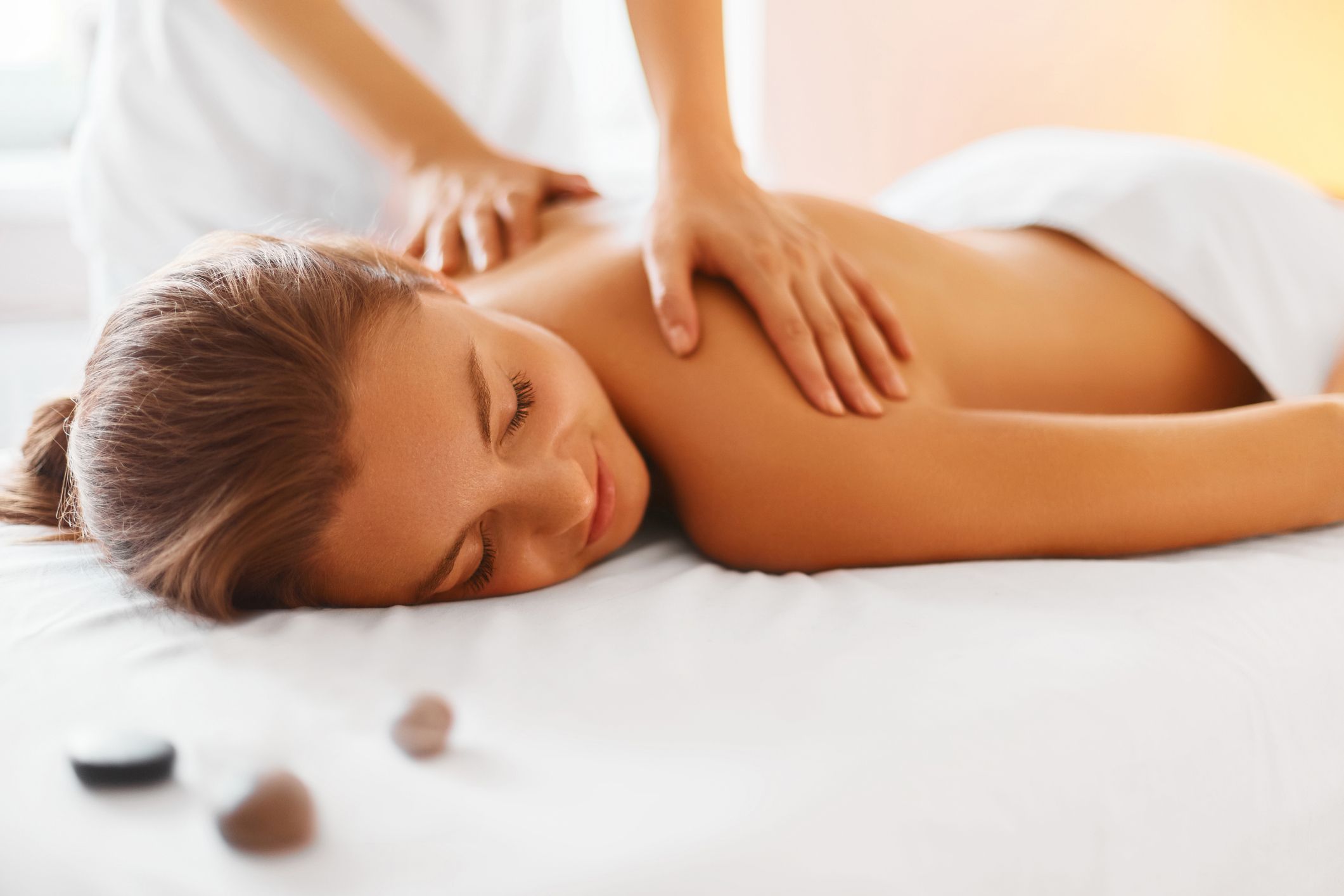
In the realm of alternate medicine and alternative recovery, reflexology stands apart as a interesting and significantly popular practice. This ancient restorative strategy, rooted in traditional Chinese medicine, is based upon the principle that details factors on the hands, feet, and ears correspond to various organs and systems within the body. By using 秋葉原 to these factors, practitioners aim to advertise recovery, eliminate anxiety, and restore equilibrium to the body’s power flow.
The beginnings of reflexology can be traced back hundreds of years, with evidence of similar practices found in ancient Egyptian burial places and typical healing systems across numerous societies. Nonetheless, modern-day reflexology as we understand it today was created in the very early 20th century by Dr. William Fitzgerald, who presented the principle of “zone treatment.” This idea was later fine-tuned and popularized by Eunice Ingham, frequently described as the “mom of reflexology.”
At its core, reflexology operates the belief that the body is interconnected which promoting certain response points can have a positive influence on matching locations throughout the body. As an example, applying pressure to a specific factor on the foot is believed to influence the function of the liver or kidneys. While clinical proof sustaining these claims is restricted, several people report substantial gain from routine reflexology sessions.
Proponents of reflexology mention a variety of prospective advantages, including:
Stress and anxiety reduction and relaxation Improved circulation Enhanced immune feature Pain alleviation, specifically for frustrations and neck and back pain Better rest quality Increased power degrees A regular reflexology session includes a thorough evaluation of the client’s health worries and objectives. The practitioner then uses different techniques, including thumb and finger backup, walking and hook, and rotation on pivot, to apply pressure to details reflex factors. The stress used can vary from mild to company, depending upon the individual’s requirements and level of sensitivity.
While reflexology is normally thought about safe for lots of people, it’s essential to note that it ought to not be made use of as a replacement for conventional treatment. Expecting ladies, individuals with particular medical conditions, and those with foot injuries ought to talk to a medical care carrier prior to undertaking reflexology treatment.
As interest in alternative health practices proceeds to grow, reflexology has found its means into different settings, from committed reflexology centers to spas and health. Some medical care facilities have actually even begun including reflexology as a complementary therapy alongside standard clinical therapies, acknowledging its prospective to improve general wellness and individual comfort.
For those thinking about checking out reflexology, it’s important to look for a certified and experienced expert. Lots of countries have specialist organizations that provide certification programs and keep directory sites of qualified reflexologists. These professionals undertake substantial training in composition, reflexology, and physiology strategies to ensure they can give efficient and safe treatments.
To conclude, reflexology provides a distinct strategy to health and wellness that highlights the body’s intrinsic capability to heal itself. While more research study is required to fully comprehend its devices and efficacy, several people locate reflexology to be a useful device in their health toolkit. Whether made use of as a standalone treatment or along with other wellness practices, reflexology remains to intrigue and advantage those seeking all-natural ways to sustain their psychological and physical well-being.
The origins of reflexology can be mapped back thousands of years, with proof of similar practices discovered in ancient Egyptian burial places and conventional recovery systems across various cultures. At its core, reflexology runs on the belief that the body is interconnected and that stimulating particular reflex points can have a positive impact on matching locations throughout the body. In final thought, reflexology uses an unique method to health and health that highlights the body’s intrinsic ability to recover itself. Whether made use of as a standalone therapy or in conjunction with other wellness practices, reflexology continues to intrigue and benefit those looking for all-natural ways to support their physical and psychological health.
